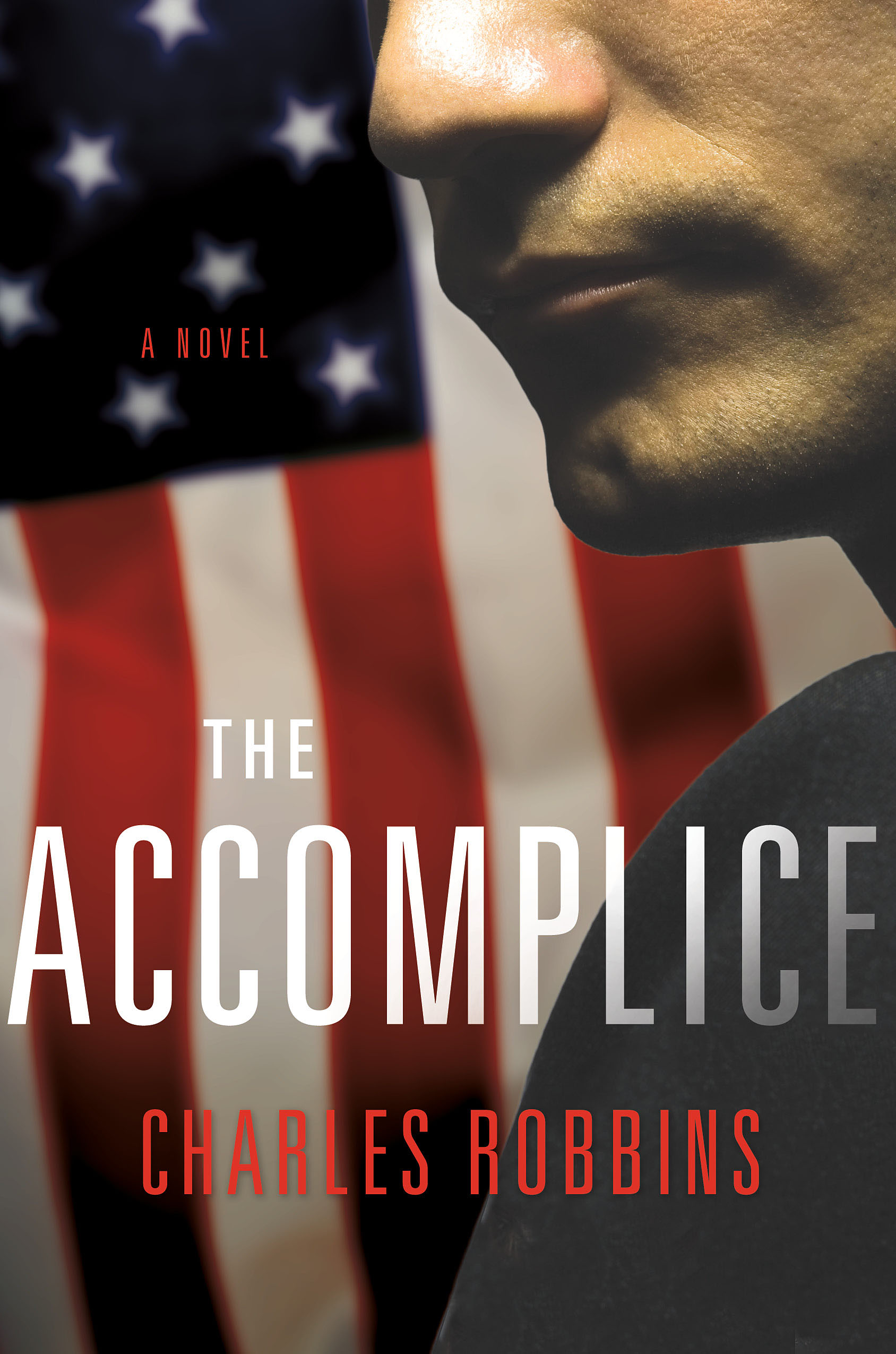Q&A with Charles Robbins

Charles Robbins is coauthor, with former Senate Majority Leader Tom Daschle, of “The U.S. Senate,” as well as two nonfiction books with Senator Arlen Specter. The mystery/thriller, “The Accomplice,” is his first novel. Charles began his career as a newspaper reporter, then ran press operations for two congressmen, a gubernatorial campaign, a senator, and a presidential campaign. As a Navy officer, he wrote speeches for the Secretary of the Navy. He graduated from Princeton University, the Columbia University Graduate School of Journalism, and the M.F.A. program at Queens University of Charlotte. He lives in Washington, D.C.
What are the best books you’ve read recently?
 “Gone Girl” by Gillian Flynn; “Bad Things Happen” by Harry Dolan; and “Red Harvest” by Dashiell Hammett.
“Gone Girl” by Gillian Flynn; “Bad Things Happen” by Harry Dolan; and “Red Harvest” by Dashiell Hammett.
What was your favorite book as a child?
The Three Little Pigs. The story augured the inevitable day when I would have to make my way in the world and the perils of predators and poor planning. But it also inspired hope for happiness and prosperity through imagination, kindness and cooperation.
Why do you enjoy attending book festivals, either as a presenter or audience member?
As an audience member, like anybody else, I enjoy watching writers discuss their work, drives, muses and demons. Vocationally, I also try to hone my own presentation technique by watching what other writers do well and where they slip. As a presenter, I greatly enjoy sharing my work, views and drives, and engaging the audience.
Have you been to the D.C. area before? If so, what is your favorite thing about it?
I’ve lived in Washington since May 1992, and love it here. To me, Washington fits the perfect niche in the urban planning continuum – big and heavy enough to offer first-class dining, culture and architecture, and to maximize choice – the classic definition of a city – but small enough to maintain some intimacy and to allow easy walking. All in a magnificent national showplace.
What is the most difficult, or challenging, aspect of being a writer?
Jumping into the rabbit hole to mine those painful depths that produce the most compelling characters and scenes. Writers must invest part of themselves in every one of their characters, and must love them all – but also must let them run free. It’s a blissful feeling to craft a scene in which you sit back, fingers on the keyboard, and let the words pour and the drama unfold. I can rarely make this happen, but when I do, the scenes are some of my best stuff – intense, poignant, visceral, powerful – at least so I’m told. In “The Accomplice,” one example of such a scene is Henry’s encounter with Jeannine the call girl.


